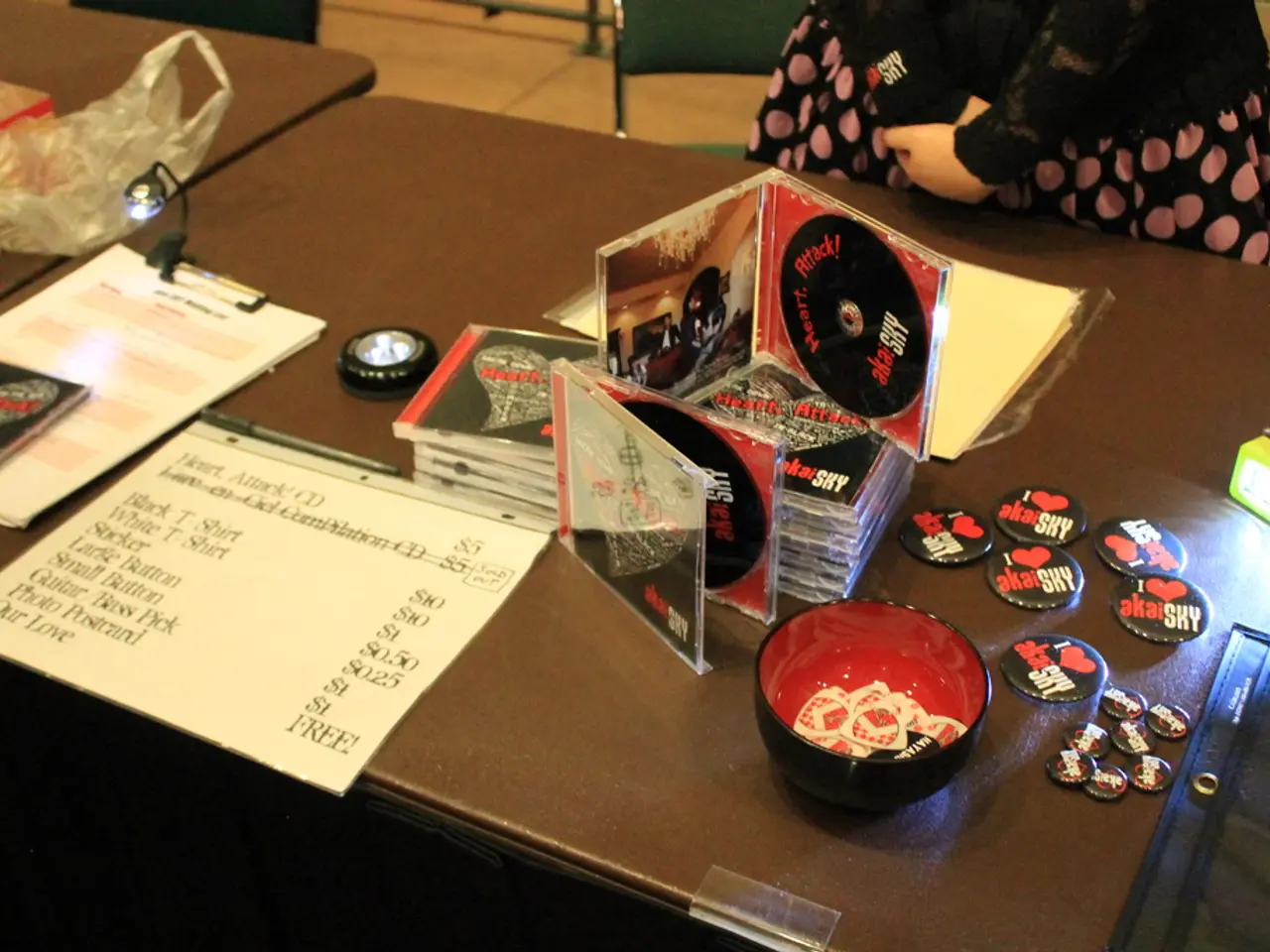Understanding Side Gig Tax Obligations: Essential Information for Earners
Crushing the Tax Game with Your Side Hustle
Got a side gig going on? More power to ya! Freelancing, online sales, passion projects – they all bring added cash flow into your life. But here's the thing: just because it's a side hustle doesn't mean the IRS isn't keeping tabs.
Many newbies in the entrepreneur world think they can slip under the radar. Unfortunately, the IRS doesn't play those games. They expect you to report every last penny coming in, and if you don't, you could face fines, interest, or even an audit. Ouch!
Keeping Your Side Hustle Finances in Check
The secret to staying tax-compliant is keeping your money matters organized. And let's be real, the biggest mess many side hustlers make is mixing business with pleasure, which leaves them overlooking potential deductions and creates chaos if the IRS ever audits them.
To dodge this, open a separate bank account specifically for your side hustle cashflow. It's a breeze to monitor earnings, stay on top of expenses, and quickly spot business-related deductions when tax time comes.
Tools like QuickBooks Self-Employed, FreshBooks, and Wave can help automate this process, saving you time and reducing errors. They allow you to track income, categorize expenses, and even guesstimate your quarterly tax payments. Many of these apps can connect with your bank account and generate reports that make filing taxes a breeze. Fancy spreadsheets can help too, just ensure you consistently log your income and expenses.
When it comes to deductions, knowing what qualifies can help you keep more of your hard-earned dough. Common deductible expenses include a home office (if used exclusively for work), office supplies, software subscriptions, travel expenses, mileage, internet costs, and marketing expenses. If you drive your car for your side hustle, you can either deduct actual expenses (like gas, maintenance, and insurance) or use the standard mileage deduction. Keeping receipts and digital records of your expenses is essential – if the IRS ever has questions about your deductions, having proof can save you from losing valuable tax write-offs.
Tax Strategy Tips for Side Hustlers
Being tax-smart as a side hustler isn't just about filing correctly; it's about creating a strategy to avoid having a hefty tax bill pop up out of nowhere. The smartest move you can make is setting aside a portion of your earnings for taxes. Since side hustle income isn't taxed upfront like traditional pay, you need to proactively save for your tax obligations.
A good rule of thumb is to reserve 25-30% of your earnings to cover federal income tax, self-employment tax, and state taxes if they apply. Putting this money into a high-yield savings account keeps you from scrambling for cash when taxes are due.
Another essential step is opening a separate business bank account, keeping your income and expenses apart from personal finances, making tax filing more straightforward and giving you a clear picture of your side hustle's profitability.
If your side hustle generates a good income, you may want to consider structuring your business as an LLC or S-Corp. While the LLC primarily offers legal protection, the S-Corp designation can help reduce self-employment taxes by enabling you to distribute a part of your income as salary (subject to payroll taxes) and the rest as dividends (not subject to payroll taxes). Consulting with a tax professional will help determine if this move makes sense for your biz.
Hiring an accountant might be a cost-saver in the long run. An accountant can provide personalized tax-saving strategies, ensuring you maximize deductions, steer clear of mistakes, and hang onto as much of your hard-earned side hustle income as possible.
The takeaway? Navigating taxes as a side hustler doesn't have to be a headache but ignoring your tax responsibilities can lead to trouble. By keeping your finances organized, tracking income and expenses, and being strategic with your savings, you can stay compliant and steer clear of unexpected IRS surprises. A little planning now can save you a lot of stress (and cash) later. Make your side hustle work for you, not against you, when tax season rolls around!
- ForbesWomen suggests that freelancers take advantage of tax-saving strategies when managing their side hustle finances to stay compliant with the IRS.
- Hustler should consider opening a separate bank account for their side hustle to keep business finances organized and easily track income, expenses, and potential deductions.
- Using tax-filing tools like QuickBooks Self-Employed, FreshBooks, or Wave can help automate the process, providing reports that make filing taxes less complicated.






